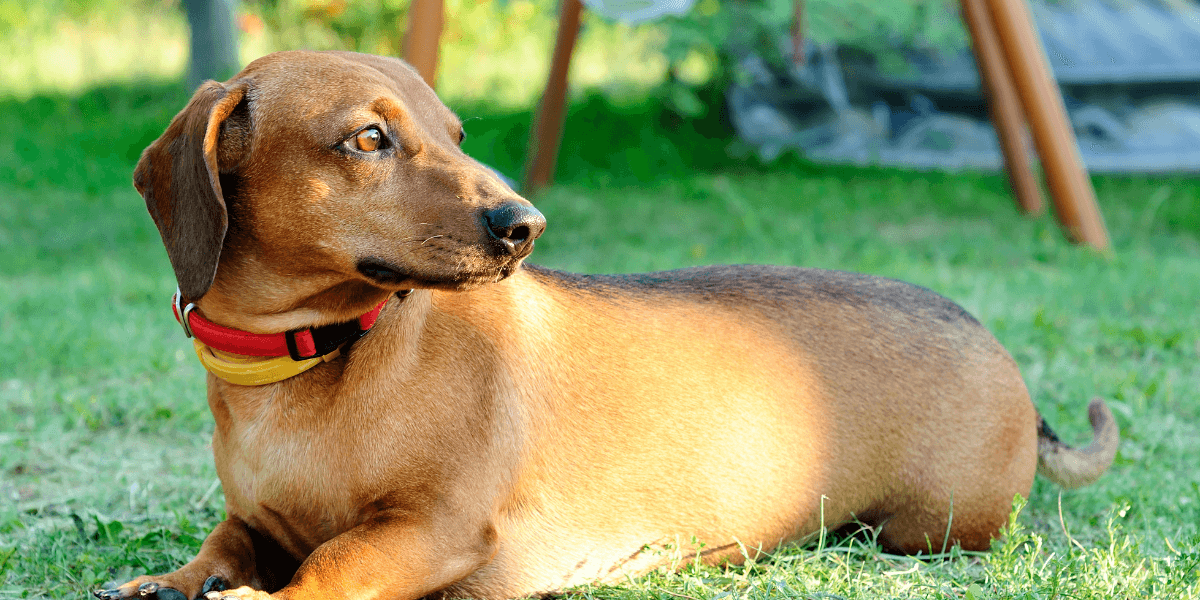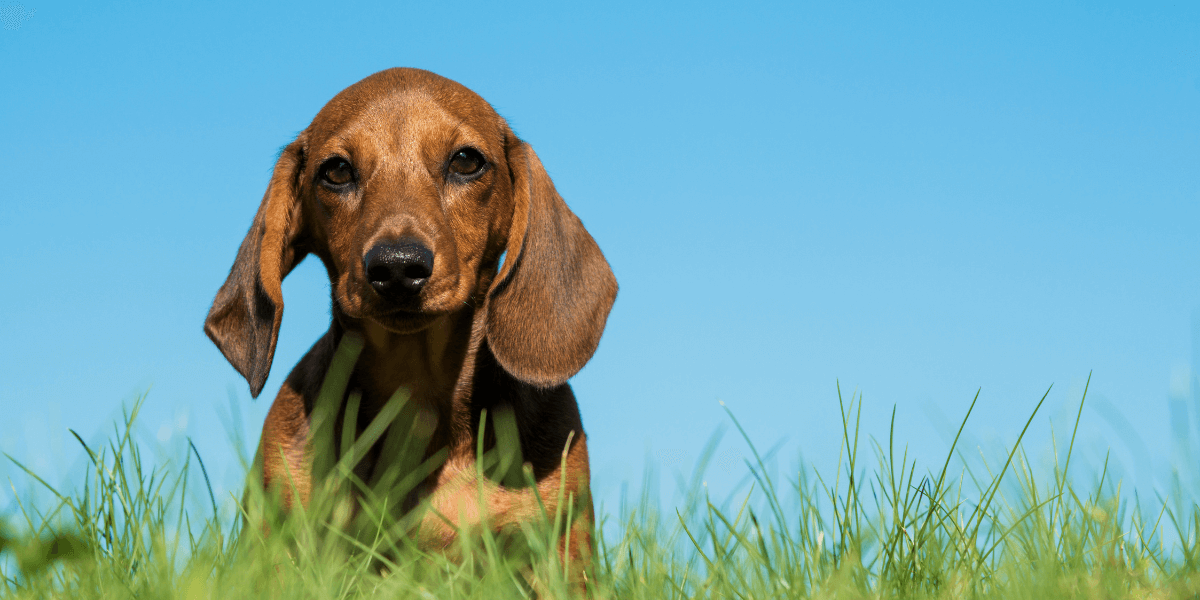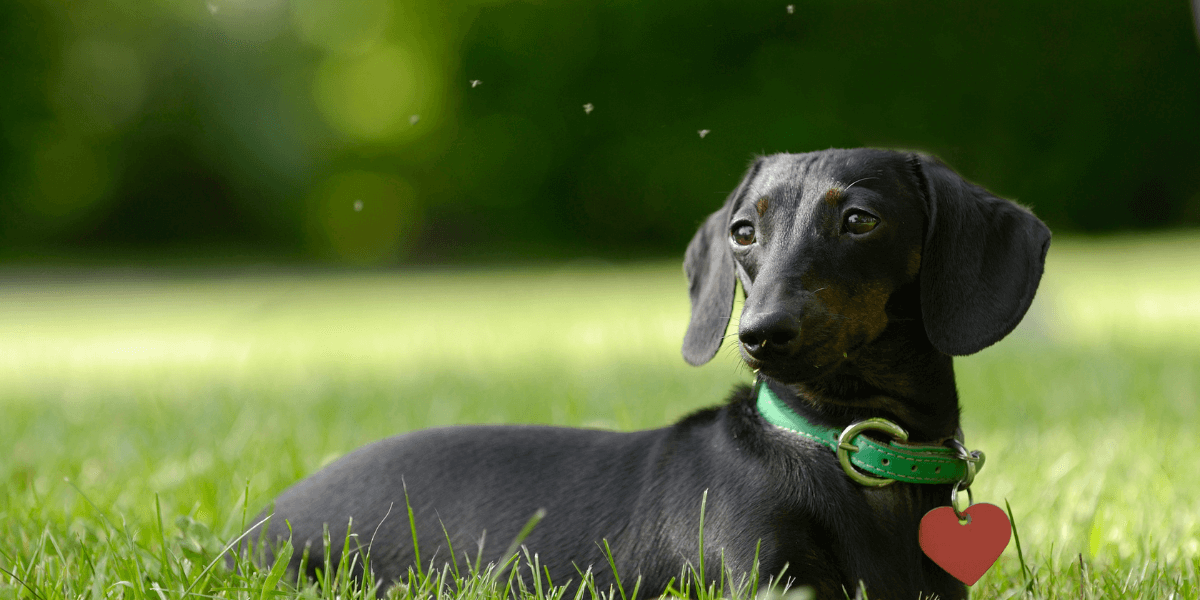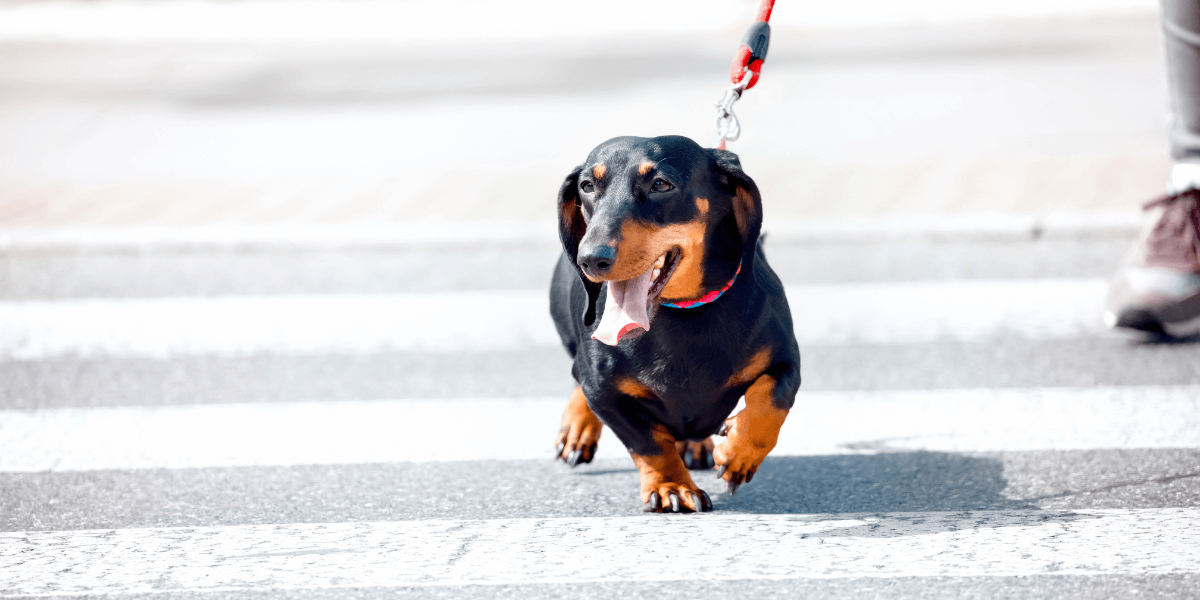Introduction
Understanding Dachshund Temperament helps in creating a strong bond with your pet
- Dachshunds are known for their lively and spirited personalities
- This breed has unique behavioral traits influenced by their history and size
- Discover the key aspects of Dachshund temperament that shape their daily interactions
- Learn how to manage and nurture their temperament for a harmonious home life
- Explore how the Dachshund's temperament affects their compatibility with other pets
1. The Dachshund Personality: An Overview

Their temperament can be quite varied
But there are some common traits that most Dachshunds share:
- Confident and Curious: Dachshunds are naturally curious and confident
- Loyal and Affectionate: They form strong bonds with their families and are known for their loyalty
- Independent and Stubborn: While they are loving, they can also be quite independent and stubborn
- Playful and Energetic: Dachshunds are lively and love engaging in playful activities
- Alert and Brave: Despite their size, they are often alert and will protect their family
These traits will help you better anticipate how your Dachshund will interact
2. Socialization: How Dachshunds Interact with Others

Proper socialization is key to ensuring your Dachshund grows into a well-adjusted adult dog:
- Early Socialization: Introduce your Dachshund to a variety of people and pets during their early months
- Positive Reinforcement: Use treats and praise to reward good behavior when meeting new people or pets
- Gradual Exposure: Slowly expose your Dachshund to different situations to build their confidence
- Consistent Training: Regular training sessions help reinforce social skills and reduce anxiety
- Controlled Encounters: Ensure introductions are calm and controlled to prevent fear or aggression
3. Training Your Dachshund: Tips and Techniques

Training a Dachshund requires patience and consistency due to their independent nature
Here are some effective training strategies:
- Positive Reinforcement: Use treats, praise, and toys to reward your Dachshund for good behavior
- Short, Frequent Sessions: Keep training sessions brief but frequent to maintain your Dachshund’s attention
- Consistency is Key: Be consistent with commands and rules to avoid confusion
- Clear Commands: Use simple and clear commands to ensure your Dachshund understands what’s expected
- Patience and Persistence: Be patient and persistent, as Dachshunds may take time to learn new behaviors
4. Exercise Needs: Keeping Your Dachshund Healthy and Happy

Dachshunds are active and playful but their exercise needs are relatively moderate compared to larger breeds.
Here’s how to keep them fit:
- Daily Walks: A daily walk of 20-30 minutes is usually sufficient
- Interactive Play: Engage in games like fetch or hide-and-seek to keep them mentally
- Avoid Excessive Jumping: Due to their long backs, avoid activities that involve excessive jumping
- Mental Stimulation: Incorporate puzzle toys and training exercises to challenge their mind
- Safe Play Areas: Ensure play areas are secure and free from hazards to prevent injury
Discover the best orthopedic beds to support your Dachshund’s health and keep them comfortable.
5. Grooming Needs: Maintaining Your Dachshund’s Coat

Dachshunds come in three coat types: smooth, long-haired, and wire-haired.
Grooming needs vary by coat type:
- Smooth Coat: Requires minimal grooming; regular brushing to remove loose hair
- Long-Haired: Needs more frequent brushing to prevent matting and tangling
- Wire-Haired: Requires regular brushing and occasional hand-stripping to maintain coat texture
- Bathing: Bathe every 6-8 weeks to keep their coat clean and healthy
- Ear Care: Regularly check and clean ears, especially for long-haired Dachshunds
6. Health Considerations: Common Issues in Dachshunds

Dachshunds are generally healthy
But they are prone to certain health issues due to their unique body structure
Key health concerns include:
- Intervertebral Disc Disease (IVDD): Common in Dachshunds due to their long backs
- Obesity: Their small size means that extra weight can quickly lead to health problems
- Dental Health: Regular brushing and dental check-ups are important for preventing dental issues
- Skin Allergies: Watch for signs of itching or irritation, which can indicate allergies
- Ear Infections: Their floppy ears can trap moisture; keep them dry and clean
Learn from Great Danes health issues to understand and manage your Dachshund’s common health concerns.
7. Living with a Dachshund: What to Expect

Dachshunds make wonderful companion but their unique temperament means they require a bit of understanding:
- Lively and Entertaining: They are playful and often have a knack for entertaining their families
- Affectionate: They enjoy cuddling and being close to their owners
- Vigilant and Protective: Despite their small size, they can be quite protective of their home and family
- Space Requirements: They adapt well to both apartments and houses but need regular exercise
- Shed Light: They shed regularly, so expect some dog hair around the house
- Training Challenges: Their independent nature may make training a bit challenging
Explore the best foods and supplements to keep your Dachshund happy and full of life.
FAQs
1. What is the general temperament of a Dachshund?
- Dachshunds are lively, curious, and affectionate
2. Are Dachshunds good with children?
- Yes, Dachshunds can be great with kids if socialized early
3. How do Dachshunds behave with other pets?
- They may need time to adjust but can get along well with other pets
4. What should I know about Dachshund Temperament?
- Dachshund Temperament is known for being playful, intelligent, and loyal
5. Do Dachshunds require a lot of exercise?
- They need moderate exercise but enjoy playtime and walks
6. Are Dachshunds easy to train?
- They are intelligent but can be stubborn; consistency helps
7. How can I manage a Dachshund's barking?
- Regular exercise and training can help manage excessive barking
Conclusion
- Embracing Dachshund Temperament ensures a fulfilling relationship with your dog
- Understanding their unique traits helps in addressing behavioral challenges effectively
- A well-adjusted Dachshund can bring immense joy and companionship to your life
- Consistent training and socialization are key to managing their spirited nature
- Regular exercise and mental stimulation support a balanced temperament
- Always remember, each Dachshund is unique, so tailor your approach to their needs
Please share it with fellow dog lovers and leave your comments below!
We’d love to hear about your experiences with Dachshunds and any tips you have for others!
References
For more information on Dachshund Temperament, check out:
- Miniature Dachshunds are adorably cute, willful little dogs with very short legs and a long body
- Dachshunds: What's Good About 'Em, What's Bad About 'Em
- Dachshund Temperament
- Orthopedic Dog Beds for Large Dogs: A Comprehensive Guide
- Top Orthopedic Beds for Large Dogs with Hip Dysplasia
Thank you!



